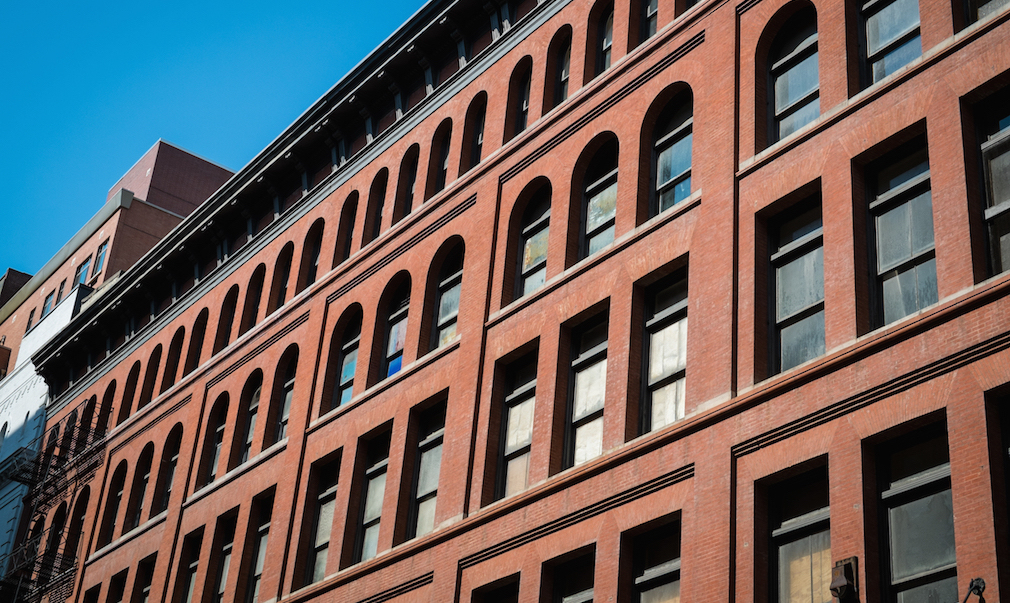According to U.S. Census Bureau and Department of Housing and Urban Development data, multifamily permits dropped 8.7% from April to May, and though that may sound like a significant drop, experts say the multifamily train is still rolling and that the nation is on track to complete 350,000 plus units by year’s end.
“It’s hard to tell anything month to month from the census numbers,” National Multifamily Housing Council Director of Research Caitlyn Walter told HousingWire.
“You really have to look at the long-term trend,” she added.
And the long-term trend is that multifamily permitting is up year-over-year. From May 2017 to May 2018 the 12-month seasonally adjusted average rate rose from 368,000 permits filed to 433,000 permits filed. This number is seasonally adjusted, so it accounts for slow permitting months and other fluctuations like local law changes to provide a more stable look at permitting activity.
According to the NHMC’s research, the actual number of permits filed in May 2018 is 37,300 and in May 2017 there were 33,800 permits filed, which represents a little over a 1% increase in permits YoY in the month of May.
Now, it is important to remember that, in general, permit data is volatile, and it is not a perfect indicator of completions. What permit numbers are a good indicator of is confidence in the market fundamentals.
“I think folks are pretty confident…A month-to -month change doesn’t really show much…if over the course of six months we saw that permits were going down continuously we would have some concern,” Walter said.
“I think for now, folks are confident in the fundamentals of the market,” she said.
The ratio of permits to completions is unclear as it is heavily dependent on a number of market factors like inventory, financing and approval processes, but Walter says that in these market conditions, there should not be a large margin between permits filed and units completed.
According to Walter and the NMHC, by all indications, the multifamily market is on track to deliver 350,000 to 400,000 units by year’s end, which is exactly what doctor demand ordered. The folks at NHMC believe that demand trends dictate the industry needs to build between 300,000 units and 400,000 units per year to keep up with the quickly expanding renter base.
RealPage Chief Economist Greg Willett said he is actually surprised that permitting hasn’t dropped more as capital seems to be exercising some caution it terms of construction lending for new projects.
“If you go to any industry events…you will always have developers up on stage saying, ‘hey, I’m struggling to get deals done…’ and you just hear that story over and over again,” he told HousingWire.
“The actual authorization numbers show that story to some degree, but never to the same level as the developers express it,” he added.
Willett says that it is true that it is hard to get deals done these days. He attributes that largely to the caution birthed from being nine years into a great upcycle, meaning that all the easy deals have been done, both on the sales and the development sides.
According to him, the multifamily market can expect a pullback soon, but not a recession. Again, demographic trends are too heavily in favor of continued demand in the multifamily space to allow for anything too major.
For Willet, the only thing that could cause a true bottoming out would be some sort of unforeseen macroeconomic factor.
“The big question mark that is out there is: what is going to happen to the overall economy? Particularly when the economic growth run has lasted as long as it has in this cycle. To some degree your expecting something to go wrong at this point, but it’s hard to identify what’s that’s going to be,” Willett said.





